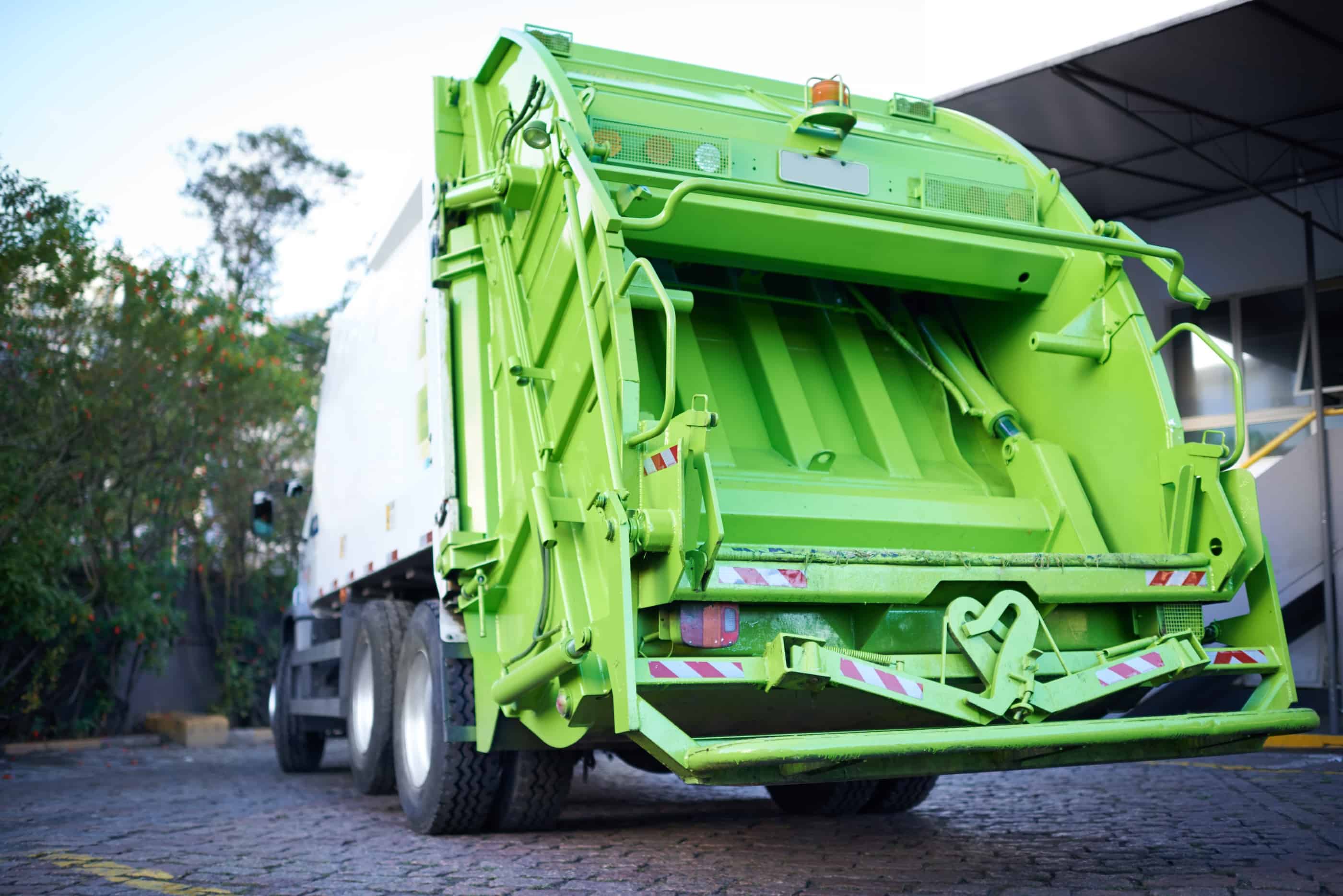Guest Blog: Transport Decarbonisation and ESA
By Charlotte Rule, Head of Climate and Energy Policy, Environmental Services Association
Who is the ESA?
The Environmental Services Association (ESA) is the principal voice of Resource and Waste Management Industry in the UK. Our members turn waste into valuable resources while protecting the environment. Our sector provides essential services to local communities and businesses though expert services, collecting, sorting, and treating waste to recycle materials, recover energy and safely disposing of residues. We contribute to a low carbon, circular economy, and we safeguard public health. ESA’s members account for a workforce of more than 50,000 people and operate the majority of outsourced local authority recycling and waste services across the country. Our members invest billions in British infrastructure, put boots on theground and serve more than 17 million people every day – playing a pivotal role in the circular economy and protecting the environment.
Net Zero by 2040
In 2021, the ESA committed to achieving net zero by 2040 – ten years ahead of the Government’s target. At the heart of our net zero roadmap is a transition from a linear “take, make, use and throw” society, to an economy that maximises the value of its resources by wasting less, and reusing, repairing and recycling more.
Our sector has made almost unrivalled progress at reducing its emissions over the past thirty years, but we must go further. In recognition of this responsibility, the ESA and its members developed an ambitious strategy as a blueprint for the recycling and waste management sector to achieve net-zero emissions by 2040.
Three Areas of Focus for Decarbonisation
Our assessment identified three key areas we as a sector need to target to reduce our emissions.
Firstly, addressing recycling in the UK. Recycling accounts for the largest proportion of our emissions as a sector – at around 15MtCO2e every year.
The second key area is addressing residual waste management – black bin waste left over after recycling. Minimising the amount of waste that goes to landfill, and decarbonising thermal treatment, will be key to achieving a net zero circular economy.
Finally, transport emissions account for roughly 5 million tonnes of CO2e every year for the sector– roughly equivalent to 1% of the UK’s total emissions. The sector has approximately 17,500 waste transport vehicles on Britain’s streets handling 221 million tonnes of waste per year. They play an essential public service to society and are fundamental to how the sector operates.
To achieve this, we have set a target to see all waste transport vehicles switch from diesel to 100% zero emissions sources by 2040. This relies heavily upon the provision of electric vehicles or those that are compatible with zero emission fuel sources.
This is not an easy feat to achieve. It will require everyone in our sector to act.
Electric Refuse Collection Vehicles – eRCVs
For the waste sector, electric waste collection vehicles are more challenging than conventional vehicles. The upfront cost of the vehicles continues to outweigh their diesel alternatives. With local authority budgets already stretched, there is a lack of ability to invest in zero emissions vehicle without clear carrots in place. Coordinated charging infrastructure is needed to ensure these vehicles can reliably deliver the collection routes required of the machinery.
Saying this, waste collection vehicles offer a clear opportunity for decarbonisation. As the most visible part of our sector, it provides a notable opportunity for the Government to signal a proactive approach to decarbonisation transport in dense and urban areas. In addition to the clear noise and air quality benefits.
Industry and Government Collaboration
The relationship between Government and the private sector is pivotal to this. The correct signals must be given to provide a consistent and clear pathway for the transition to net zero. Electric collection vehicles are long-term investments and to deliver on our commitments, certainty is needed now to provide investors with the clarity they need to jump.
Therefore, in the coming years, the industry and government must work together to deliver the necessary policy frameworks, market signals and infrastructure needed to support the sector’s transition.
In 2023, ESA published a “Policy Scorecard” to visualise the areas within our Net Zero Strategy where regulatory progress is being made and where uncertainty remains. We found a clear correlation between the ambitions of the sector and Government to achieve a zero carbon, zero waste society. However, the scale and pace of action had been hindered by a lack of regulatory clarity and certainty.
ICE Ban and ZEV Mandate
For electric vehicle provision, the clear example is the previous Government’s watering down on climate targets with the delay to the ban on new petrol and diesel cars and vans (now coming into force in 2035 rather than 2030) underpinned by the zero-emission vehicle mandate (ZEV). ZEV sets out a percentage of new zero emission cars and vans manufacturers will be required to produce each year increasing to 100% by 2035 to maintain the ban. This delay was branded as a “proportionate and pragmatic decision” in the face of achieving net zero. However, delay of this critical policy was met with criticism by many in the industry for shifting trajectories for which substantial investment had already been made.
This will have knock on effects for the provision of electric vehicles across all sectors. Less consumer certainty will result in less investment by industry, thereby hindering growth in the electric vehicle sector.
Looking forward, with the change of Government, there is an opportunity to support industry by creating a clear and consistent policy pathway which enables long-term investor certainty. The new transport Secretary, Louise Haigh, confirmed that “delivering greener transport” is a core strategic priority for the department. This builds off the Automotive Sector Plan they released back in 2023, which sets out how Labour would support EV transition by accelerating the roll out of charging infrastructure and reinstating the diesel phase-out date of 2030 for new cars to provide certainty to manufacturers.
Labour agrees that the UK has the unique potential to regain the competitive edge in the EV sector, support green jobs, green growth, and the green transition. This creates a clear advantage that we hope the new Government will continue to deliver upon. The sector would welcome collaboration for the development of a Waste Transport Decarbonisation pathways to address the specific challenges facing the industry.

Charlotte Rule, Head of Climate & Energy Policy at the Environmental Services Association
LinkedIn
Key links:
ESA Net Zero Strategy
